Spiro deploys over 950 electric bikes in days and targets 50,000 units in 2025, driving Uganda’s rapid shift to electric mobility with financing and swap station infrastructure.
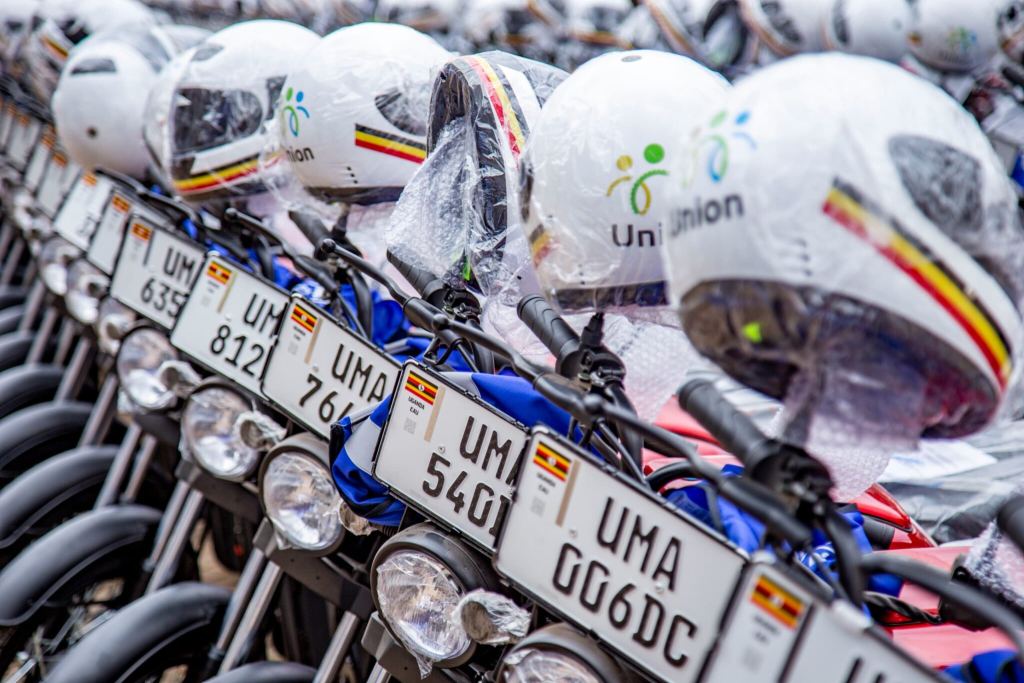
Subscribe to our Telegram channel for instant updates!
In a record-setting move that could redefine Africa’s motorcycle landscape, Spiro has launched what is likely the largest single-day electric motorcycle deployment in Africa, rolling out 500 electric bikes in one day in Uganda. The rollout continued with an additional 300 bikes the next day, followed by 150 more, with plans now to scale up daily deployments to 175–200 units.
This rapid expansion is part of Spiro’s ambitious goal to deploy 50,000 electric motorcycles in Uganda by the end of 2025, a figure that would represent over 40% of all new motorcycle registrations in the country if achieved.
Uganda: A Market Ready for Electrification
Uganda is a prime market for two-wheeled mobility. The motorcycle sector is the second largest employer in Uganda after agriculture, with boda boda (motorcycle taxi) riding serving as a key livelihood. Motorcycles are so integral that families often invest in them by selling land or saving up for their children to join the trade.
Although Uganda saw 10,000 to 12,000 motorcycles sold monthly in 2024, a slight dip occurred in early 2025 due to increased registration costs linked to new digital number plate requirements. Despite the slowdown, the demand remains robust, especially when supported by flexible financing schemes, allowing riders to pay in daily, weekly, or monthly instalments across 24 months.
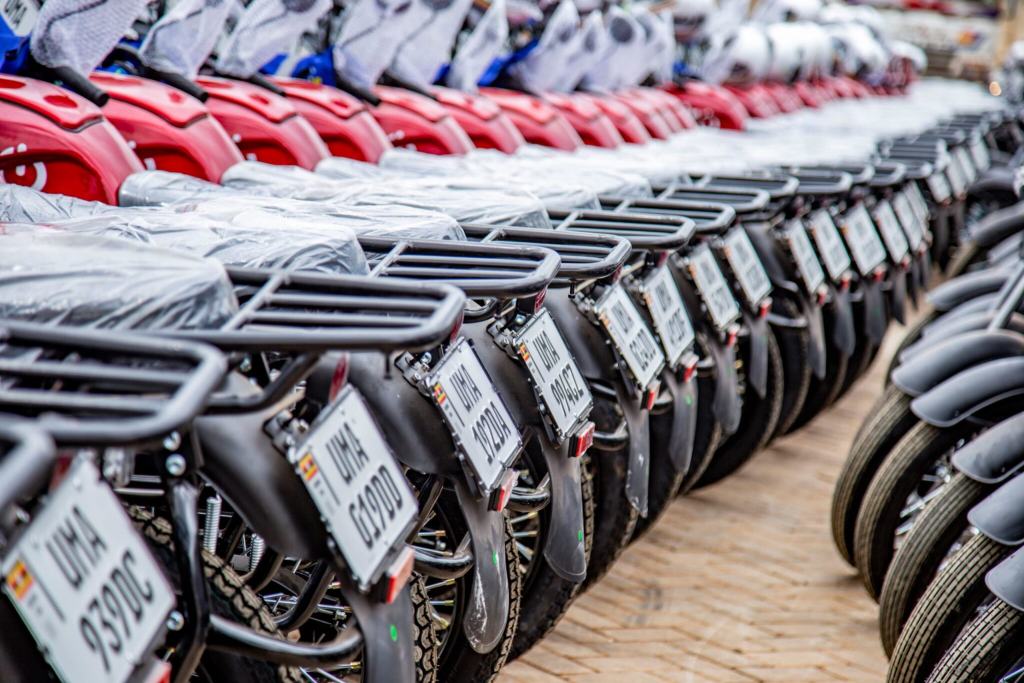
A Strategy Built on Familiar Foundations
Gaurav Anand, Spiro’s Country Head for Uganda, Ethiopia, and South Sudan, has deep experience in the Ugandan motorcycle sector. Under his leadership, Spiro chose not to disrupt existing market dynamics but to integrate into familiar channels. Rather than rely solely on promotional materials, Spiro focused on hands-on experience, conducting pilot programs and rider trials for a full year before launching commercial operations in June 2024.
Spiro demonstrated its infrastructure readiness by launching operations with 22 battery swap stations and expanding to 105 nationwide, including 65 in Greater Kampala alone. Riders can access a station every 3 kilometres in most urban zones.
Financing and Partnerships Driving Growth
A key catalyst in Spiro’s success is its partnership with Union, an industry body offering lower-interest financing for riders. Through this partnership, Spiro aims to deploy 10,000 bikes in 5–6 months, contributing significantly to its 2025 target.
So far, Spiro has confirmed 30,000 orders, an impressive figure given that Uganda registered only about 2,500 electric motorcycles in all of 2024. Even if Spiro fulfils just these confirmed orders, electric motorcycles would still make up 25% of Uganda’s new bike market, marking a transformative leap.
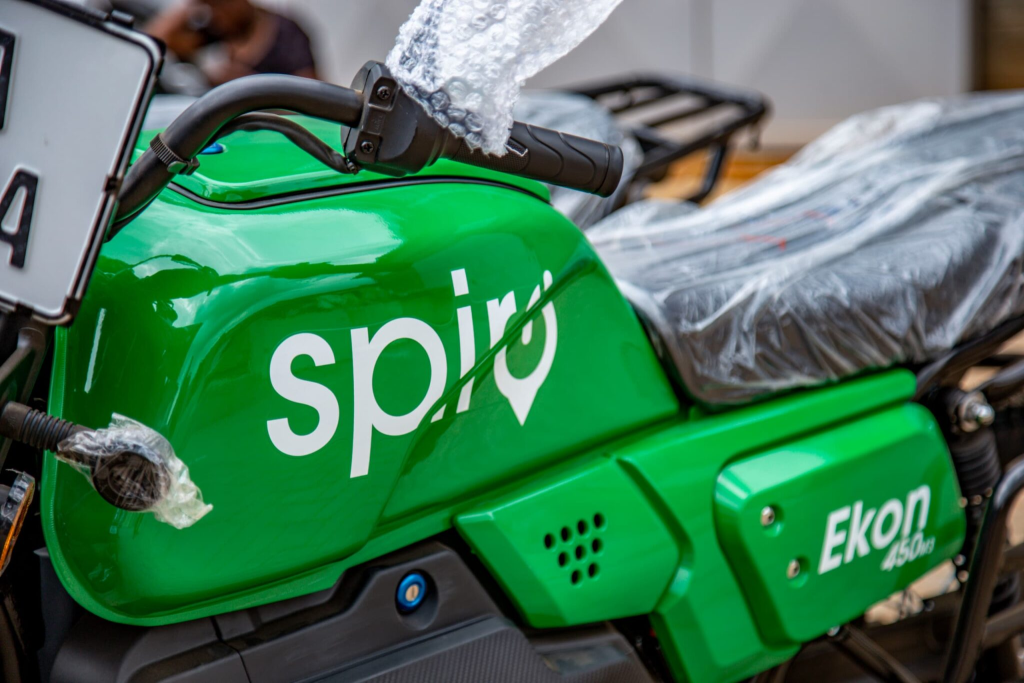
Spiro vs. the Region: Uganda Leads
The scale of Spiro’s rollout is remarkable even when viewed regionally. In Kenya, for example, just 366 electric motorcycles were registered in 2022 and 4,862 in 2024. In contrast, Spiro has already secured orders six times larger in Uganda alone for 2025.
Spiro’s presence now spans across major Ugandan cities, including Kampala, Jinja, Mbarara, Fort Portal, Gulu, Lira, Iganga, and Mbale, positioning it as a dominant player in East Africa’s electric motorcycle transition.
A New Era for African Mobility
Spiro’s aggressive rollout and infrastructure development could catalyse a wider shift across the continent, especially in markets where motorcycles are deeply embedded in the economy and culture. As regulators and consumers seek cleaner, more cost-effective transport, Spiro is not just deploying motorcycles, it’s paving the road to an electric future for Africa’s streets.



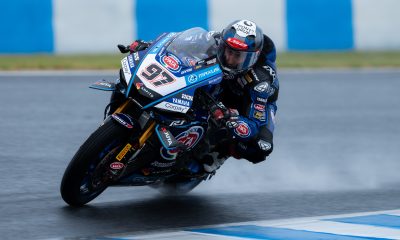

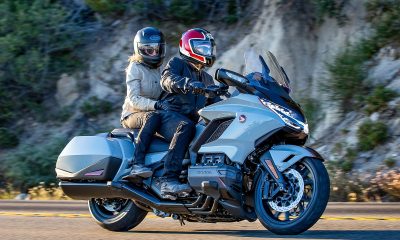
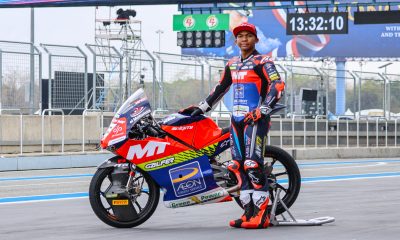
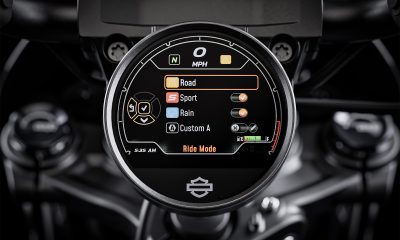
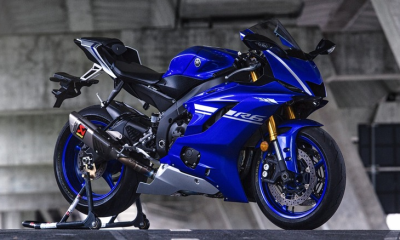
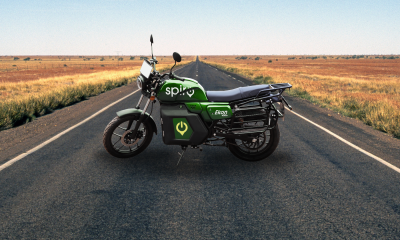
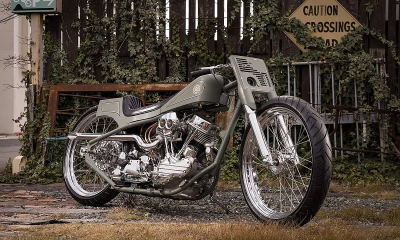



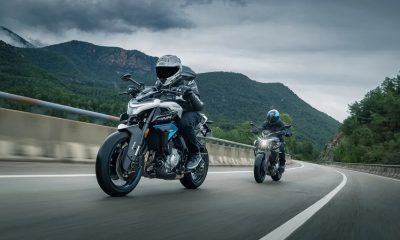
















Facebook
Instagram
X (Twitter)
YouTube
LinkedIn
RSS